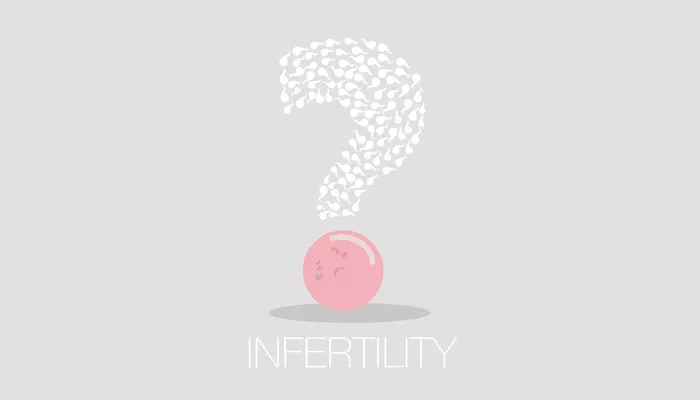Sugar is often criticized for its harmful impact on health, with experts advising its reduction to prevent a range of chronic conditions. From exacerbating blood sugar levels to triggering long-term diseases like diabetes, its detrimental effects on the body are well-documented. Recently, nutritionist Neha Parihar, who frequently shares health and diet tips on social media, shed light on how sugar specifically harms women’s health. In a post on Instagram, she outlined eight hidden ways sugar consumption could be undermining women’s well-being.
1. Hormonal Imbalance
Excessive sugar intake can disrupt key hormones, especially insulin and estrogen. Such imbalances can lead to conditions like polycystic ovary syndrome (PCOS), irregular menstrual cycles, and fertility issues.
2. Weight Gain and Obesity
With its high calorie content and lack of nutritional value, sugar contributes significantly to weight gain and obesity. Carrying excess weight heightens the risk of developing serious health conditions such as endometrial cancer, breast cancer, and osteoporosis.
3. Chronic Inflammation and Oxidative Stress
Sugar is a major contributor to chronic inflammation and oxidative stress in the body, which can harm cells and tissues. This damage is linked to an array of health problems, including arthritis, heart disease, and diabetes.
4. Gut Health and the Microbiome
A diet rich in sugar can disrupt the delicate balance of gut bacteria, leading to digestive disorders, autoimmune diseases, and even mental health issues such as anxiety and depression.
5. Skin Problems and Premature Aging
The inflammation and oxidative stress caused by sugar can manifest in the form of skin issues like acne, rosacea, and early signs of aging, leaving skin looking dull and damaged.
6. Mood Swings and Anxiety
Fluctuations in blood sugar levels, often a result of high sugar consumption, can lead to mood swings, anxiety, and even depression, affecting overall emotional well-being.
7. Reproductive Health Concerns
Sugar’s impact on hormonal regulation extends to reproductive health, where excessive intake is associated with infertility, miscarriage, and gestational diabetes.
8. Nutrient Deficiencies
High sugar intake can interfere with the absorption of essential nutrients, such as vitamin D, calcium, and iron. This can contribute to conditions like osteoporosis, anemia, and fatigue, further compromising overall health.
Neha Parihar’s message is clear: reducing sugar consumption is essential for maintaining hormonal balance, healthy weight, and long-term well-being. The hidden effects of sugar, particularly for women, are far-reaching and should not be overlooked.
Related topics:
ABUAD Unveils Fertility Centre to Address Infertility Challenges
When is the Right Time to Consider IVF? A Fertility Expert’s Insight
Sexual and Reproductive Awareness Month: The Hidden Infection That Could Harm Women’s Fertility























